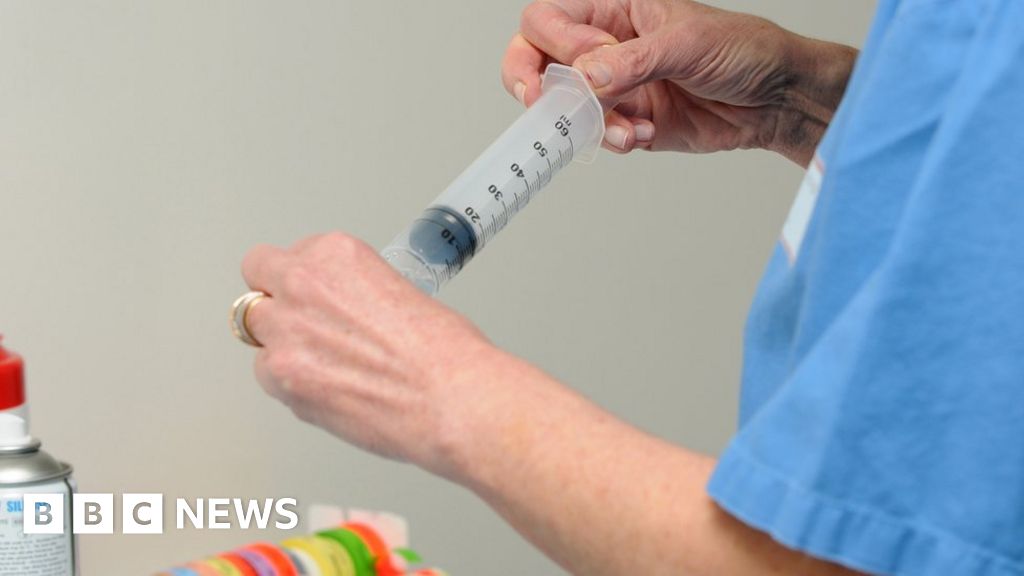We're not the Good Guys. Right up there is China's One Child Policy?
It might be comforting to dismiss the Canadian experience as an aberration and Canada as an alien country inhabited by a barbarous people.
Canada's harrowing euthanasia experiment should be a warning to the world
Parliament is now calmly discussing whether disabled children could be euthanised by doctors. In other words, infanticide
YUAN YI ZHU
14 November 2022 • 1:40pm
Yuan Yi Zhu
The representative of the medical regulator spoke in a straightforward, unemotional voice, as though his statements were self-evidently true. Sick children between the ages of 14 and 17, he told the parliamentary committee, should be allowed to choose to commit suicide with medical assistance.
Parents of babies who are born with severe disabilities should be allowed to kill them. Elderly people for whom “life no longer makes any sense” should also be able to end theirs. And so should the mentally ill, and so on and on. Members of the committee ask some follow-up questions, but no one pushes back.
Ever since it burst into the public consciousness almost a year ago, details of Canada’s assisted suicide scheme, known euphemistically as MAiD — medical assistance in dying — have shocked and astonished people around the world in equal measure. Harrowing tales of disabled poor people choosing to end their lives because they could not survive on paltry benefits have since proliferated, as have horror stories of doctors and bureaucrats trying to pressure patients into ending their lives.
Yet the parliamentary committee charged with reviewing the regime seemed to take for granted that access to euthanasia should be expanded to include even more people. The only remaining question will be by how much.
True, there had been warnings that once euthanasia became legal in Canada, its scope would widen rapidly beyond the initial target group of terminally ill people, as had happened in almost every country where it had been legalised. But the Canadian supreme court loftily dismissed these concerns as a “slippery slope” fallacy when it struck down the criminal prohibition on assisting suicide in 2015.
Then a Quebec court ruled that to limit euthanasia access to those whose deaths were “reasonably foreseeable” discriminated against those whose illness were not terminal — euthanasia was, after all, a human right according to the courts.
Fast-forward a few years, and the Canadian parliament is now calmly discussing whether disabled children could be euthanised by doctors. In other words, infanticide. Nor will euthanasia be limited to physical illness: from next year, mental illness will become a qualifying condition. Already, depressed teenagers on social media are speaking about applying to die once they turn 18.
It might be comforting to dismiss the Canadian experience as an aberration and Canada as an alien country inhabited by a barbarous people. But Canada is a country with a culture much like that of the UK, with an overextended healthcare system, a social care system that is perpetually near collapse, a strained exchequer, and an ageing population.
The perverse incentives which led to Canada’s predicament, in other words, are all present in the UK as well. As is the same heightened culture of human rights discourse, whereby any rights-based claim is given automatic deference, and which has made opposition to euthanasia so politically toxic in Canada. No politician, after all, wants to be seen as taking away rights from the people.
Indeed, the cultural centrality of the National Health Service may make the UK an even more fertile ground for abuse. “Protect the NHS” was a powerful unifying message during COVID, but it is not difficult to see how a society in which such a slogan kept people from receiving cancer treatment might also be fertile ground for euthanasia-related abuse.
And one only needs to remember the Liverpool Care Pathway scandal, when elderly patients were denied basic medical care and even food and water without their consent, to see how catastrophic systemic failure may easily happen once again and shorten many lives.
The Scottish Parliament will shortly be debating a bill to legalise euthanasia. Its proponents will make the same usual arguments about choice and autonomy, trot out heart-rending cases, and talk about the ironclad safeguards within their proposed system.
While our sympathies will be with those at the end of their lives suffering from great pain, the Canadian experience should serve as a warning to anyone who thinks euthanasia will be confined to those cases. After all, the idea that the murder of disabled children could become legal was once far-fetched in Canada too.
Parliament is now calmly discussing whether disabled children could be euthanised by doctors. In other words, infanticide

www.telegraph.co.uk
Conservatism comes in all sorts of shapes.








